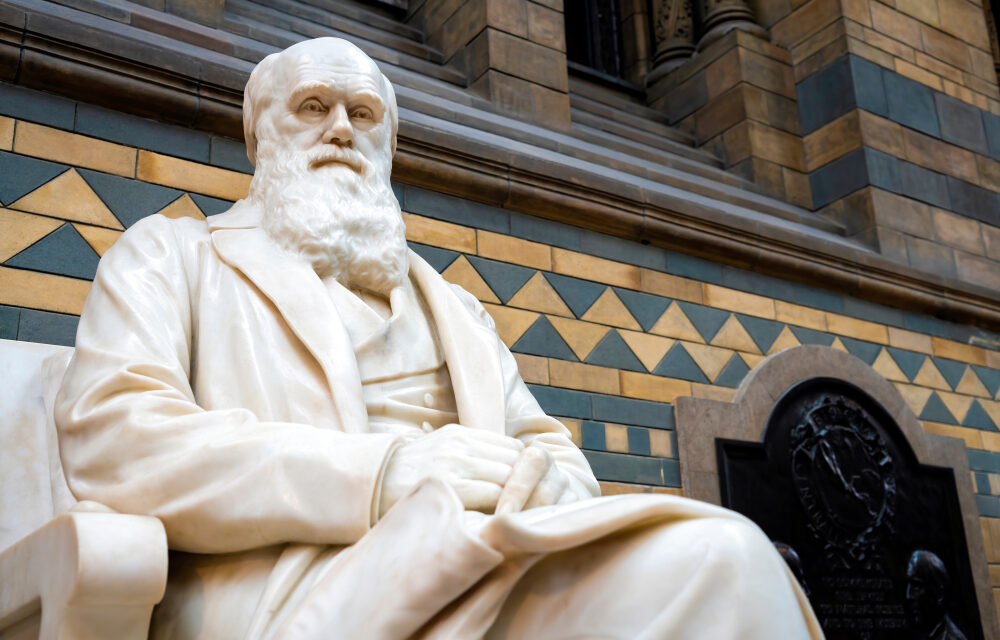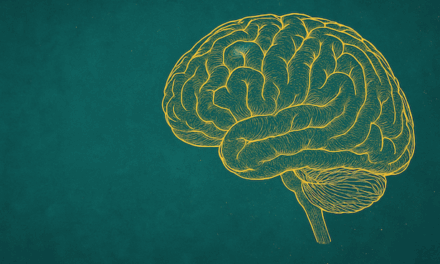Instructions for Using This Page
Each of the sections of this web page links to a resource that will help to remind you of this module of our Science, Philosophy and Spirituality course. Just click on the section, and you will be linked to the resource.
When you are reading an article from this website online, blocks of text in bold coloured type that make reference to an external source are “clickable”. If you click on them, you will be taken to the resource to which they refer.
Enjoy!
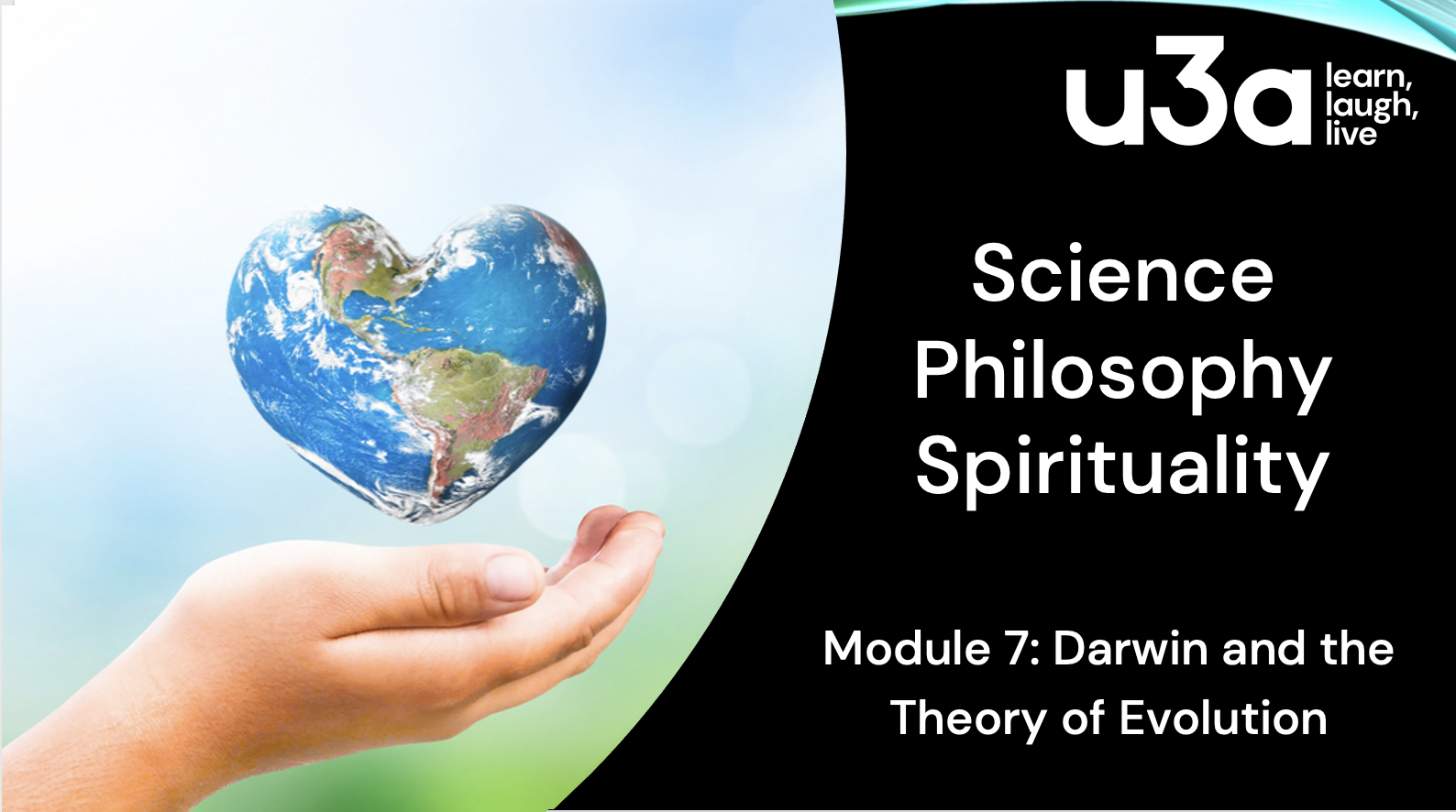
.PDF of the slides shown in the session.
The Module dealt with how Charles Darwin developed his theory of “Descent with Modification”, how the modern synthesis of biological sciences has demonstrated the correctness of the theory, and its philosophical and theological implications

Article
Link to my article, “Darwin’s Legacy”, which summarises the material discussed during the module. It follows the structure of the presentation, slide by slide, with a concise verbal explanation of each point.
Timeline
A timeline of selected events from the nineteenth and twentieth centuries in the world at large, in the field of science, and in the field of religion.

Books referenced in Module: “The Enlightenment”
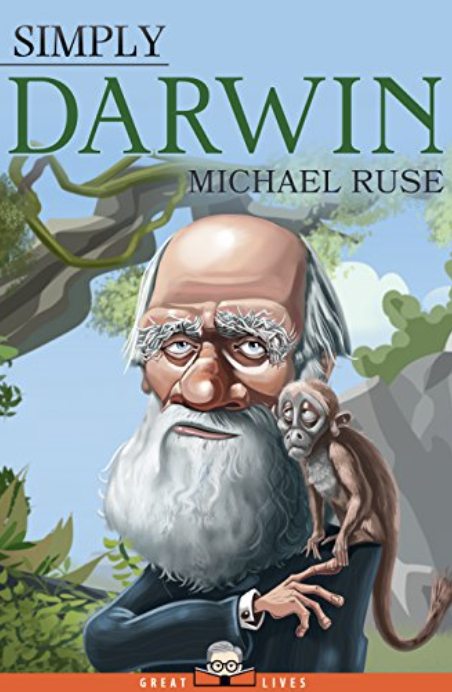
This book offers a clear overview of the life and work of Darwin. It covers the events that led up to the publication of “On the Origin of Species” in 1859. But more than that, it places Darwin’s work in the context of its influence on many of the fundamental ideas that we humans hold about ourselves and our place in the world.
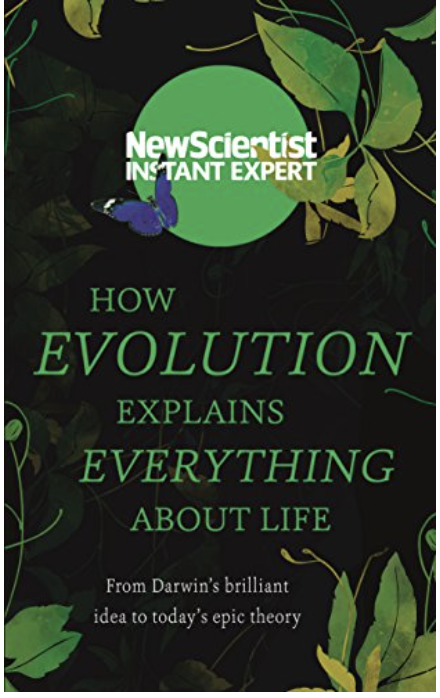
In this authoritative book, leading biologists and New Scientist take you on a journey of a lifetime, exploring the question of whether life is inevitable or a one-off fluke, and how it got kick-started. Does evolution have a purpose or direction? Are selfish genes really the driving force of evolution? And is evolution itself evolving?
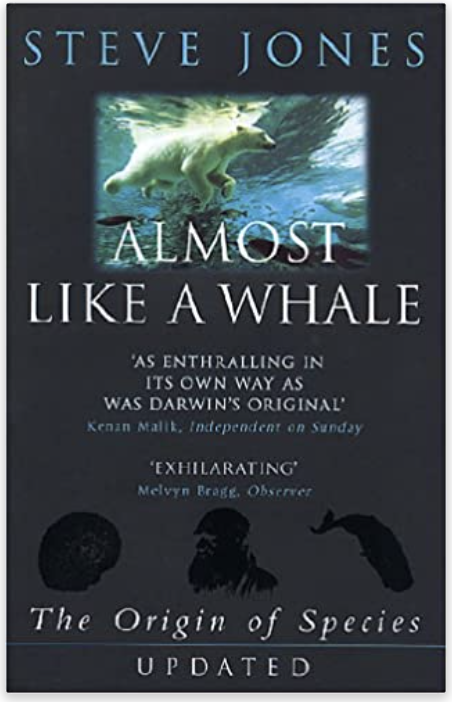
“On the Origin of Species” was one long, coherent argument about a theory that explained many known facets of life on Earth. This book by Professor Steve Jones produces a similar argument but incorporates the astonishing scientific advances of the twentieth century.
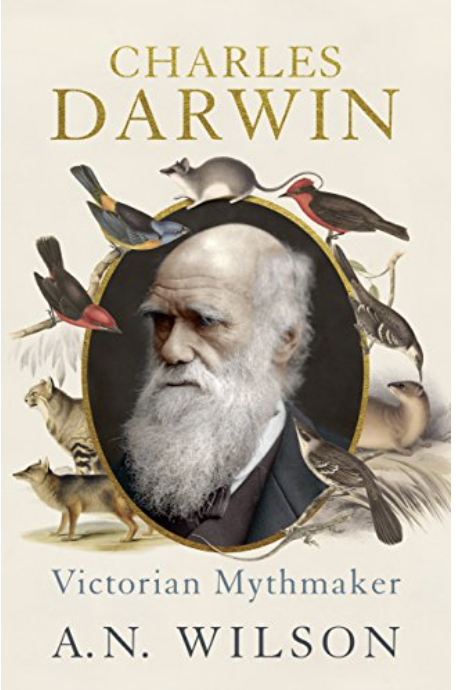
Charles Darwin: the man who discovered evolution? The man who killed off God? Or a flawed man of his age, part genius, part ruthless careerist who would not acknowledge his debts to other thinkers? A. N. Wilson’s biography of Darwin isn’t afraid to challenge the Darwinian orthodoxy while bringing us closer to the man, his revolutionary idea and the wider Victorian age.
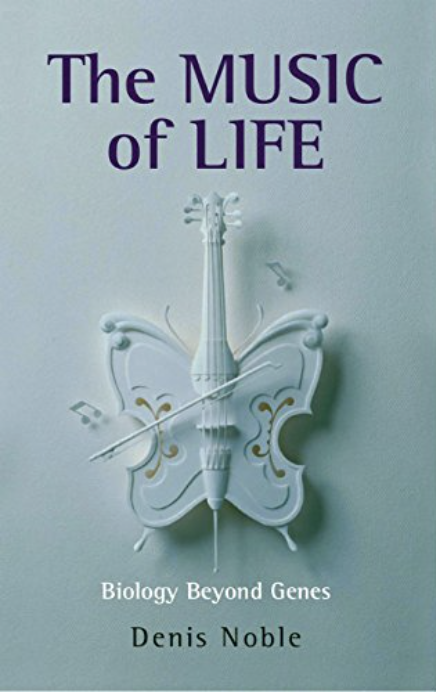
World-renowned physiologist Denis Noble explains the genome is not life itself. We should not think of our bodies being built by genes; rather genes should be seen as prisoners of the organism. Noble paints a view of life as an emergent web, full of feedback between levels, from the gene to the wider environment. It is a kind of music.
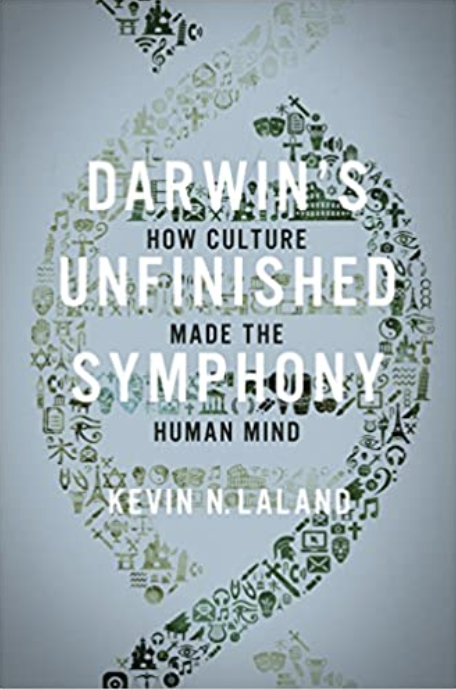
How did the human mind—and the uniquely human ability to devise and transmit culture—evolve from its roots in animal behaviour? Kevin Laland tells the story of the painstaking fieldwork, the key experiments, the false leads, and the stunning scientific breakthroughs that led to this new understanding of how culture transformed human evolution.
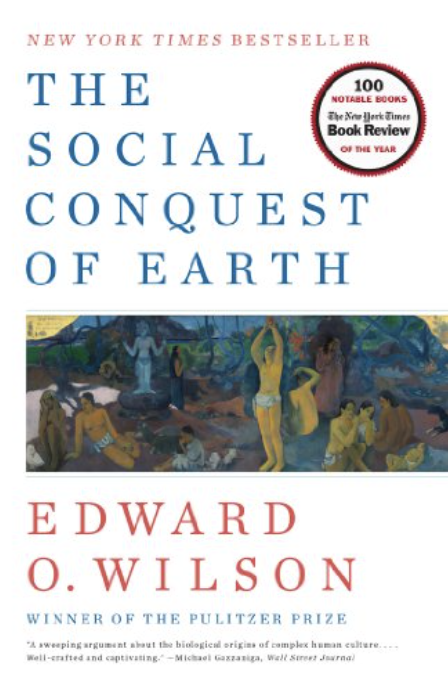
Refashioning the story of human evolution, the renowned Harvard biologist draws on his remarkable knowledge of biology and social behaviour to demonstrate that group selection, not kin selection, is the premier driving force of human evolution.

Altruism is one of the great evolutionary puzzles, and we may be on the brink of solving it. It turns out that, over the last 12,000 years, we have become more and more altruistic. This is despite the fact that the majority of the time, our minds are still breathtakingly indifferent to the welfare of others. This book examines the enigma of generosity in a world of strangers.
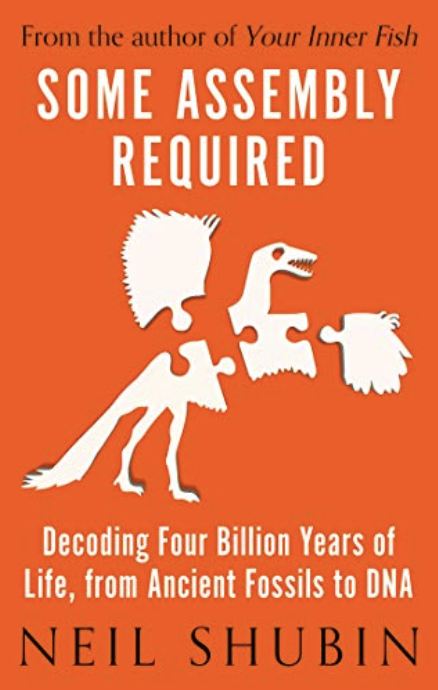
If you think that feathers arose to help animals fly or lungs to help them walk on land, you’d be in good company. You’d also be entirely wrong. Neil Shubin delves deep into one of the great questions – was life on Earth inevitable…or was it all an accident?

In The Accidental Species, Henry Gee, longtime palaeontology editor at Nature, argues that we have a profound misunderstanding of how evolution works, which leads to mistaken ideas about our own place in the universe. He presents a robust and stark challenge to our tendency to see ourselves as the acme of creation.
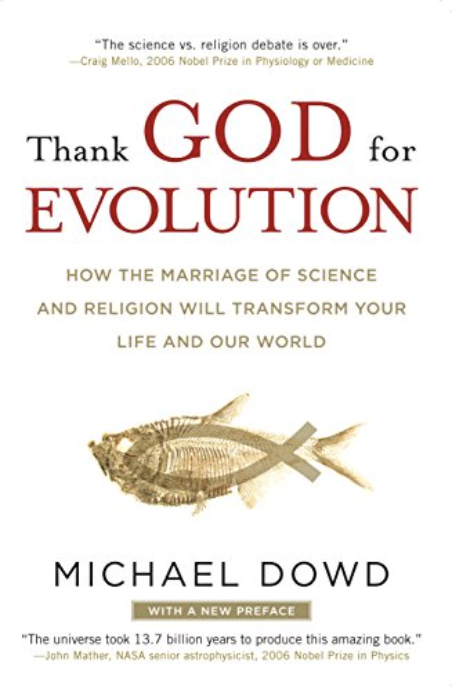
Few issues have revealed deeper divisions in our society than the debate between creationism and evolution, between religion and science. Yet in this book, Reverend Michael Dowd emerges as a reconciler, finding faith strengthened by the power of reason.

One of the most potent forces bedevilling the modern world is religious extremism, and the need to understand it has never been greater. In this book, Britain’s greatest religious historian chronicles the rise and rise of fundamentalism in Judaism, Christianity, and Islam.
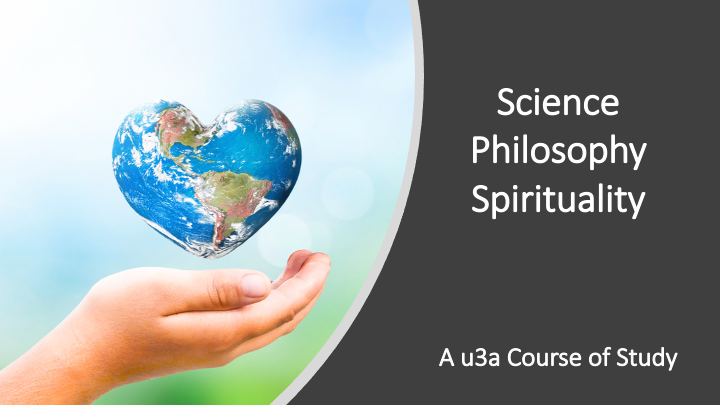
Link to Course Home Page
Click this link to return to the Home Page for Season 1 of the Shepway and District u3a Science, Philosophy and Spirituality programme.

